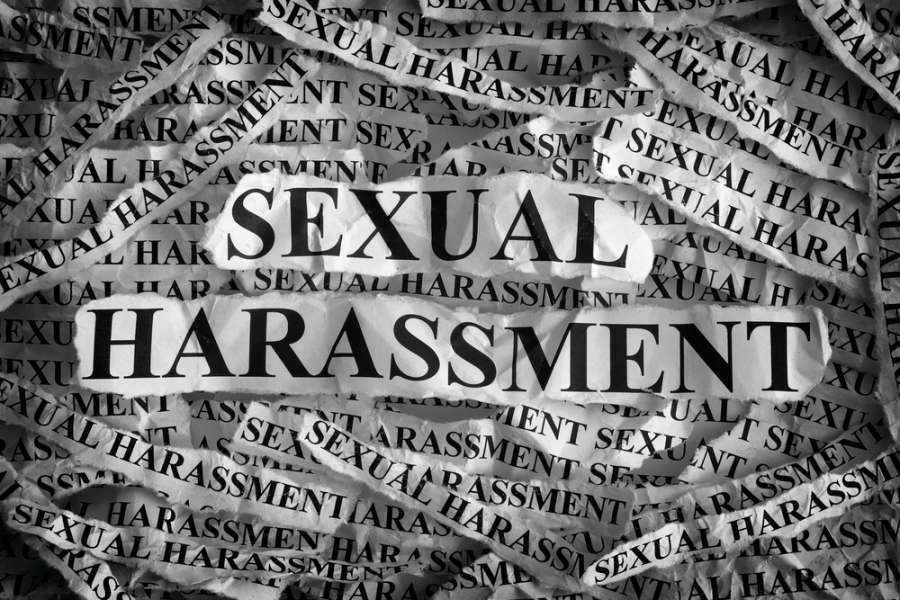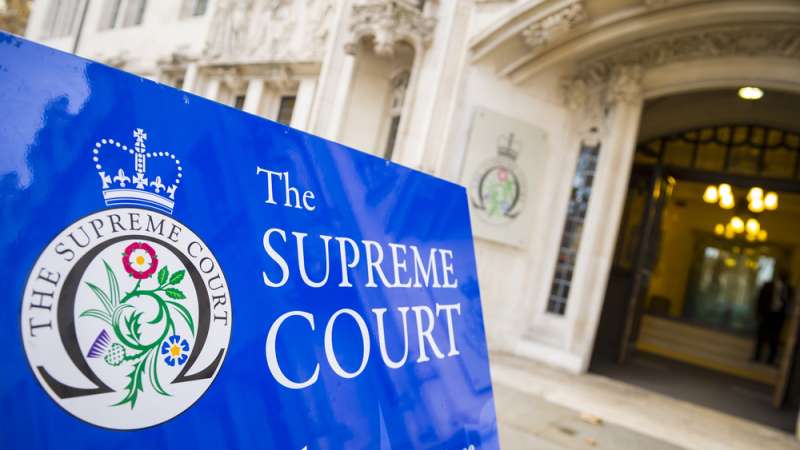
Workplace harassment continues to be a widespread issue, affecting a number of industries.
While the conversation around harassment has grown louder in recent years, many workers face inappropriate behaviour.
From subtle comments to more serious overt actions, understanding the fine line between harmless interactions and harassment is crucial.
In this blog, our Employment Lawyers explore key insights into sexual harassment, focusing on some recent cases that shed light on the complexities of these situations.











